VANCOUVER, BC - The Alliance of BC Students welcomed the recommendations released today by the Select Standing Committee on Finance and Government Services, which included a number of key recommendations for strengthening post-secondary education in BC.
“We were heartened to see the concerns of the post-secondary community taken into account in this year’s recommendations,” said Grace Dupasquier, the Chairperson of the ABCS. “COVID-19 has starkly exposed many gaps in support and areas of concern throughout the post-secondary landscape, and we hope to see these recommendations reflected in the next budget.”
The recommendations from the committee which impact the post-secondary sector include:
Providing stable, multi-year funding for community literacy across BC.
Increasing resources to adult education to provide a broader range of course offerings and ensure equity in the funding of adult students and school-age students.
Investing in upgrading existing post-secondary infrastructure, including encouraging and leveraging opportunities to expand satellite campuses in rural, remote and underserved communities.
Supporting post-secondary institutions in advancing the United Nations Declaration on the Rights of Indigenous Peoples, the Calls to Action from the Truth and Reconciliation Commission, and the Calls for Justice from the National Inquiry into Missing and Murdered Indigenous Women and Girls by ensuring post-secondary education is accessible to Indigenous learners and honours and recognizes Indigenous culture.
Creating a provincial international student education strategy, in consultation with students, post-secondary institutions and other key stakeholders, which examines the business model, the cultural, academic and economic integration of international students, and intended goals and outcomes of post-secondary education.
Providing sufficient support to post-secondary institutions for teaching and learning tools, infrastructure and technology, and training to facilitate professional development for the online delivery of courses.
Exploring mechanisms, such as allowing the use of accumulated surpluses, to provide post-secondary institutions with short-term flexibility to navigate the financial impacts of the pandemic.
Investing in post-secondary education and expanding the number of seats available to students as a means to facilitate economic recovery and address immediate and projected gaps in the labour market, including ensuring local training and reskilling opportunities and reducing barriers for underrepresented groups.
Providing flexible reskilling and upskilling opportunities in online and in-person formats with a lens to equity, reconciliation and accessibility, and recognize skills acquired through prior and experiential learning, to support workers displaced due to automation, shifts to digital technology and the pandemic, including promoting and expanding technology and trades-related training and careers.
Providing a multi-year extension to the BC Graduate Scholarship and expand its eligibility to graduate students in non-STEM disciplines.
Facilitating access to education by addressing financial barriers related to the direct and indirect costs of education, including child care and transportation.
"We are particularly excited about the recommendations regarding decolonization of the post-secondary system, the international education strategy, further investment into post-secondary in light of the pandemic, the extension of the BC Graduate Student Scholarship, and the commitment to addressing financial barriers to education.” continued Dupasquier, “COVID-19 has given us the opportunity to re-examine our post-secondary system overall, and we look forward to working with the government to ensure these recommendations help students in the most meaningful way possible.”
